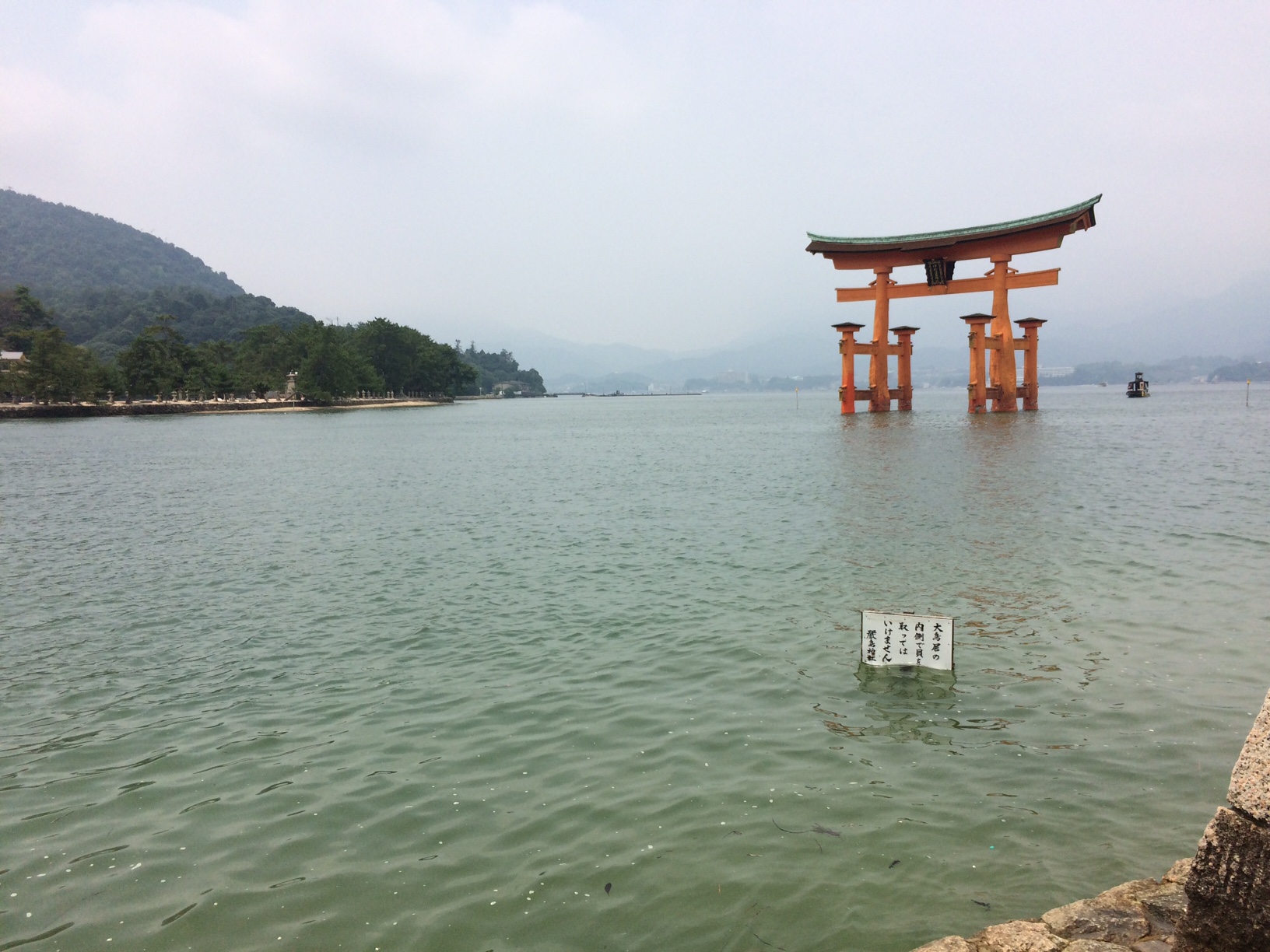Fish-WIKS News
» Go to news mainFish‑WIKS' PI Dr. Fanning Presents at International Conference in Japan
 Dr. Lucia Fanning, FishWIKS Principal Investigator attended the Interdisciplinary Social Sciences Conference held in Hiroshima, Japan, July 23 – 29, 2017. She focused her presentation on sharing the knowledge acquired by FishWIKS participants over the course of the project and emphasized the importance of the pan-Canadian nature of the project in identifying commonalities and difference among western and indigenous knowledge systems that could be used to enhance fisheries governance in Canada, with lessons for other regions. The sharing of FishWIKS’s research findings with Interdisciplinary Social Scientists covering the full spectrum of thematic areas covered by the Social Sciences was a rare opportunity and the response was tremendous. Furthermore, it was rewarding to note from the questions and requests for future collaboration by none-fisheries scholars how the knowledge being acquired in the FishWiIKS project has application well beyond fisheries.
Dr. Lucia Fanning, FishWIKS Principal Investigator attended the Interdisciplinary Social Sciences Conference held in Hiroshima, Japan, July 23 – 29, 2017. She focused her presentation on sharing the knowledge acquired by FishWIKS participants over the course of the project and emphasized the importance of the pan-Canadian nature of the project in identifying commonalities and difference among western and indigenous knowledge systems that could be used to enhance fisheries governance in Canada, with lessons for other regions. The sharing of FishWIKS’s research findings with Interdisciplinary Social Scientists covering the full spectrum of thematic areas covered by the Social Sciences was a rare opportunity and the response was tremendous. Furthermore, it was rewarding to note from the questions and requests for future collaboration by none-fisheries scholars how the knowledge being acquired in the FishWiIKS project has application well beyond fisheries.
The approved Abstract for the conference is provided below:
Fisheries decision-making processes in Canada are influenced primarily by western science-based knowledge systems and often exclude knowledge from non-western based indigenous sources. As Canada faces growing challenges from climate induced changes in coastal and inland areas, it is increasingly important for Canada to consider diversified knowledge sources to meet its stated goal to promote “sustainable aquatic ecosystems” and to accommodate its legal obligation to recognize Aboriginal and treaty rights and title.
Using case studies from Canada’s different coastal regions, the paper examines the extent to which western and indigenous knowledge systems influence fisheries governance at multiple levels and how distinct Indigenous Knowle dge Systems (IKSs) can improve current efforts at governing and managing these valuable natural marine resources, given the complexities of ecosystems and uncertainties posed by climate-induced changes
Recent News
- Muiwatmnej Etuaptmumk Conference 2023 LiveStream
- Knowledge Pluralism in First Nations’ Salmon Management
- Learning Lodge on Mi’kmaw Livelihood Rights
- RoseAnne Archibald elected as national chief of Assembly of First Nations
- Mary Simon named as Canada’s first Indigenous governor general
- Mi'kmaw‑Led Conservation Webinar Series ‑ Thurs March 25 at 6 pm
- FishWIKS team members Lydia Ross and Lucia Fanning publish paper on informed management decision‑making
- FishWIKS team member Nicole LaTulippe co‑authors paper on need to make way for Indigenous research leadership

